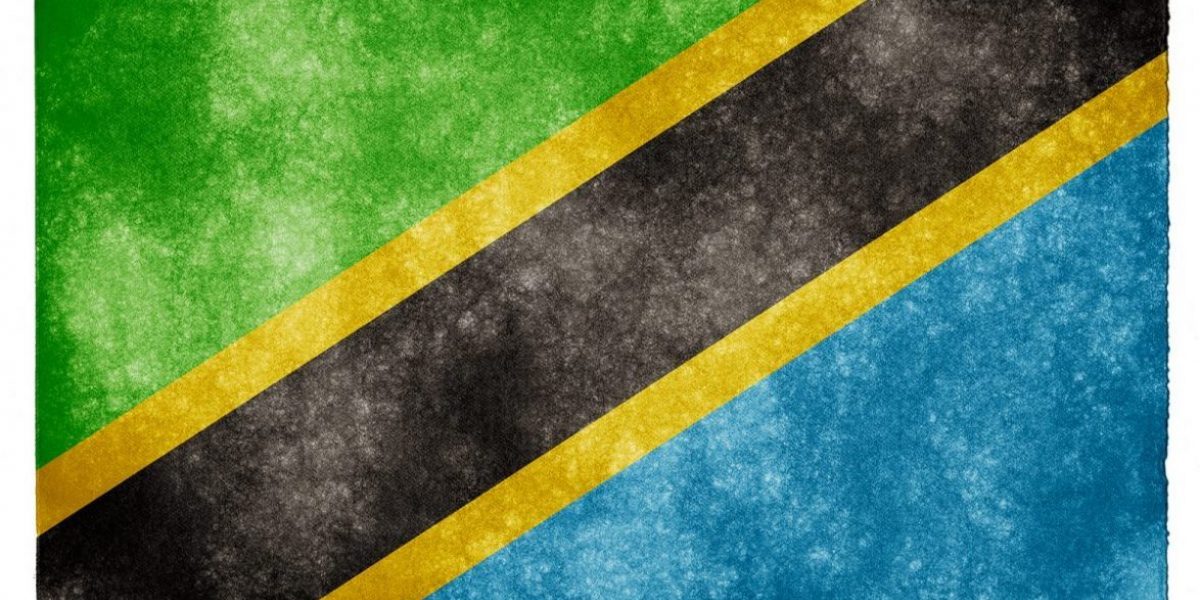Both presidential and parliamentary systems have the potential to emasculate legislatures. This potential is increased in modern times by the near monopoly of information that all executive branches tend to hold. Since 1984 the Tanzanian political system has been struggling with limiting the power of the executive, which was inherited from the hybrid nature of the semi-presidential and semi-parliamentary form of executive adopted since 1962. Today, parliament performs routine scrutiny of the government but appears helpless, for example, in challenging the inadequate disclosure of international financial commitments and in opening up standing committee deliberations to the public.
About the contributor:
Prof. Daudi Mukangara has a PhD in political economy from the Australian National University and is working as an associate professor at the University of Dar es Salaam. He has written more than 50 papers in his field and published more than 20 papers on the theme of the relationship of governance structures, including the relationship between parliament and other branches, on which he is writing a book. He has conducted extensive research on democratisation in Tanzania and has led numerous interventions as his contribution to civic education on democracy. His continuing interest and research are in pluralist processes and institutions.
Series Editor: Tim Hughes
ISBN: 1-919969-10-1
Related material:
- Parliamentary Engagement with Civil Society in Tanzania
- Notes from a Seminar and Workshop on Strengthening Parliamentary Democracy







